Grassroots tech shows way forward
NZ Hospo Tech: From left, Cameron Steel (First Table), James O’Connell (The Hospitality Company), Kate Burns (event manager), Paul Wilson (Chomp), Richard McLeod (Loaded), Mat Weir (First Table) and MC, Simon Small former Managing Director of Diligent and co-founder of AI company Arria.
This article was published in the Lakes Weekly Bulletin Edition 775 3-9 Nov, written by Paul Taylor. See the original article here
Seven months on from the closure of New Zealand’s borders and the green shoots of a tech sector are growing in Queenstown. The resort town, which grappled with double-digit tourism growth for several years, was given a stark reminder of the need to diversify its economy when Covid-19 struck. There has, in truth, been a nascent tech industry here for about a decade - check-in software company Wherewolf launched back in 2013, while the fi rst Startup Weekend was held in 2014.
But Startup Queenstown Lakes CEO Olivia Wensley says there is now an actual ecosystem evolving, boosted by returning Kiwi expats. There’s also a push to draw support from central government. “There’s certainly been a lot of movement,” Wensley says. “It’s only been six or so months since it all went to custard, but we’ve got a viable community and it’s just going to get better.” That includes returning entrepreneurs, such as Wakatipu native Matthew Waddick, who’s seeking $2 million investment for the electric motorbike company Switch Motorcycles. “He’s lived in Shanghai for the past 15 years, but he’s come back, seen how supportive Callaghan Innovation is, got involved with the local start up scene and decided to stay. It’s an amazing product. We’re introducing him to investors. He’ll manufacture the bikes down south, Dunedin or Invercargill, but have a presence here.”
Concert wristband app software Slate, created by festival hotshots Scott Witters and Sam Hay, is another Wakatipu-based project, while Machine Elf is the work of photo guru Trey Ratcliff and Arrowtown musician Sam Wave. They create visual and audio content designed to expand consciousness, for star US startup Tripp.com. Covid’s also seen local business owners pivot to new tech enterprises, such as Nigel Hobbs’ Go Local app, a business geodirectory. And it has highlighted the value of established innovators, such as Matt Weir’s First Table, Paul Wilson’s food safety compliance app Chomp, and Cook Brothers’ hospo empire software system Loaded, headed by Richard McLeod. They all spoke at the first NZ Hospo Tech event, held in Queenstown’s Mountain Club last Wednesday.
QLDC’s economic development manager Peter Harris, like Wensley, sees the Grassroots tech shows way forward written by Paul Taylor tech economy as a complement to tourism, rather than as a replacement. He says visitor tech is a good option, as Queenstown’s already an iconic destination. “When people talk about tech hubs, I guess the question for me is what can we specialise in, what can we be better than anyone else in?” he says. “And those solutions in visitor tech are valuable to the whole tourism industry nationally.” He sees the potential of attracting returning expats and also tech leaders to the district.
That’s sure to be on the agenda of the council’s Regenerative Recovery Advisory Group, which has tech heavy-hitters Roger Sharp and Neil Jacobstein among its nine members. “It’s about encouraging those people who have fi re in their bellies and want to build a team, and making sure that they feel confi dent they can attract their staff to come here and work.”
Long-standing tech champion and executive director of Innovation Queenstown AJ Mason agrees successful tech hubs are defined by the ability to attract talent. “Attraction is what we do. As long as we remain this fiercely desirable place, we’re halfway home.” Queenstown has all the critical elements to support a thriving tech sector and is already a “national and global gathering place”, he says. “Innovation and imagination are fuelled by interaction”. And every step taken to widen the economy to include tech is “a step away from exclusive reliance on NZ’s lowest productivity economic sector . . . to the highest”.
The ball is rolling, says Wensley, but there’s still much work to be done. She’s met with both National Party leader Judith Collins and Finance Minister Grant Robertson in recent weeks to push the case the region to become a tech hub, complete with a physical innovation centre. Wensley’s also pushing for the introduction of a tech talent visa, so tech business owners can bring their companies here and also attract staff. “I’ve got companies that are advertising for jobs that didn’t even exist when they created the special talent visa. They need to be revisiting that. Robotics learning - there’s no code for that at New Zealand Immigration.”

